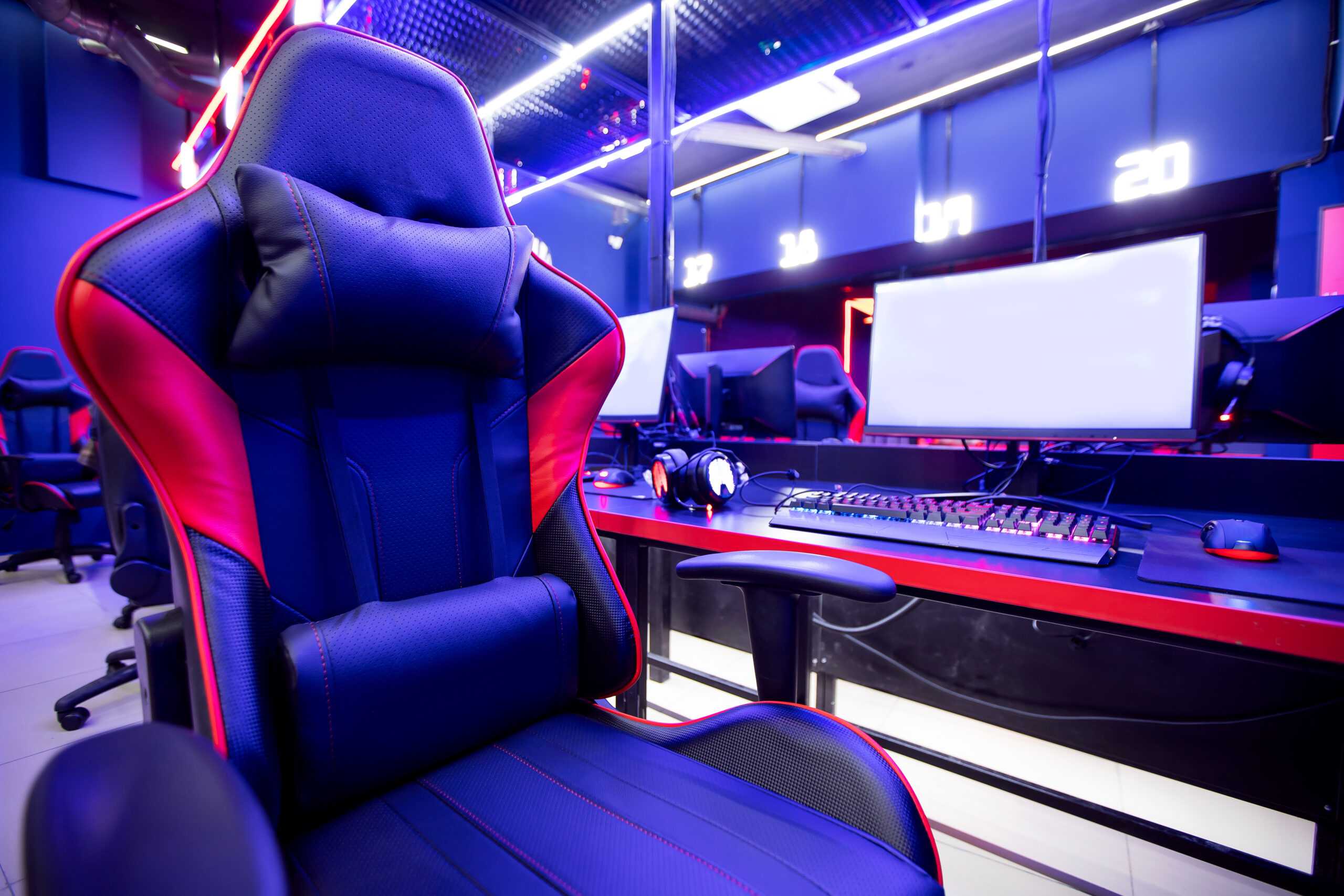Chinese games and technology powerhouse Tencent is not resting on its laurels. Despite dominating the esports market with games like League of Legends, PUBG Mobile, and Honor of Kings, the company’s esports arm is aiming to leverage its popular IP at retail establishments as well. At its recent Tencent Esports Global Summit, Tencent Esports outlined partnerships with retail and hospitality companies to “co-build a new solid economic engine” – this includes partnering with Hong Kong-based luxury hotel group Shangri-La, Canadian coffee chain Tim Hortons, and Swedish furniture retailer IKEA.
Tim Hortons will establish over 10 co-branded esports coffee stores across various cities in China, offering customers a chance to watch esports content and competitions. Shangri-La will highlight esports-themed hotel rooms, outfitted with professional gaming PCs, in 13 Shangri-La hotels across five Chinese cities. Visitors to these hotels will gain special in-game benefits such as virtual currency and ingame skins, and Tencent aims to expand the esports-themed hotel room collaboration to other hotel brands in the future. Additionally, Tencent Esports will collaborate with IKEA on co-branded home furniture, such as gaming chairs, hardware storage walls, and desks.
All of this comes at a time when the pandemic has been receding in China, tourism is flourishing, and retail foot traffic is up. Combining an esports economy with local tourist and food economies is a smart approach. Tencent’s partners also now have an avenue to connect with Chinese youth – IKEA acknowledged that they were hoping to draw more young people to their stores in China. Partnering with a household name like Tencent could bolster the brand image for Western companies as well while guiding them on how to circumvent red flags.
While esports has succeeded online, many fans desire in-person engagement. Interpret’s Esports Replay™ reveals that Chinese internet café visitation in the past three months is on par with Vietnam at 27% of the population and only slightly behind Korea at 31%.






